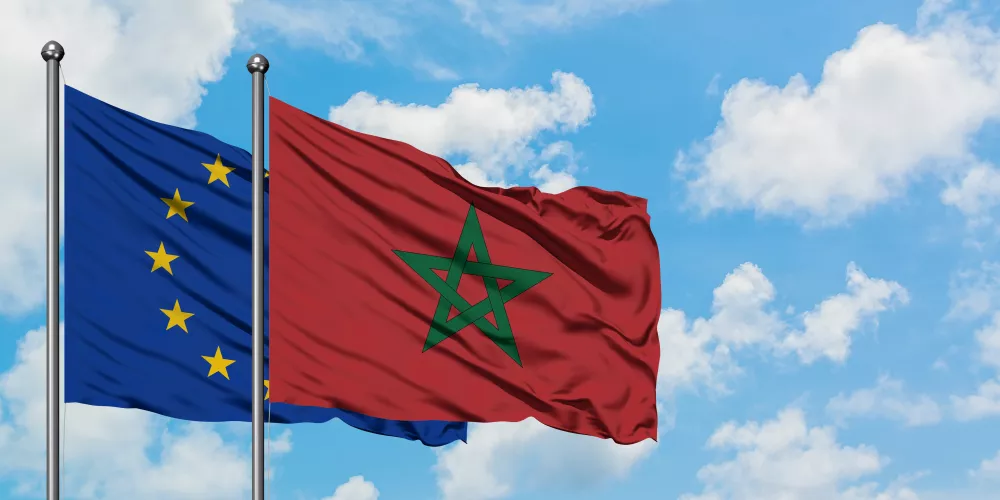Article O of the Treaty of the European Union specifies the applicant’s only material requirement: that they are a European State. That criterion has no unambiguous interpretation. It can be interpreted in terms of geography, culture, or politics. But will Morocco stand a chance in being a part of the European Union?
Morocco applied to join the European Communities in 1987, which was the precursor to the European Union. The application was denied because Morocco is not deemed a “European country” and was not eligible to join.
The EU-Morocco Relationship is Complicated
The European Union and Morocco have a long history of cooperation. This connection has proven beneficial for both parties since several political and commercial agreements support it. It has never been an easy road.
Despite the mutual benefits, the two have always had a rocky relationship, with various potential grounds for contention. The cause of these quarrels appears to be a difficult one to comprehend. Why are both partners unable to develop and sustain a peaceful relationship, despite the apparent benefits?
To begin with, the partnership’s uneven nature. Morocco’s most significant economic partner and one of its closest political friends is the EU; for an African country, Morocco is more relative to Western partners than its neighbors in the Middle East, North Africa, and the rest of Africa. However, the EU is not in the same boat. Despite the government’s interest in the Southern Neighborhood, the ambitions for the region have always been modest. Morocco was inclined to take other avenues to try to sway the EU to its will due to its current condition, which leaves it with no economic leverage.
The Sahrawi Arab Democratic Republic issue, often known as Western Sahara, is the second and perhaps most important issue. Western Sahara was a colony of Spain. However, the Madrid Agreements of 1975 gave Morocco and Mauritania control of the territory. Mauritania then abandoned its claim to the region, and Morocco took complete administrative authority. Nonetheless, this was done in violation of international law, and the UN declared the agreement null and void under UN Charter Article 73. (Source: European Student Think Tank)
The Charter of the United Nations Article 73
The United Nations declared null that the agreement under Article 73 dictates that:
Members of the United Nations which have or assume responsibilities for the administration of territories whose peoples have not yet attained a full measure of self-government recognize the principle that the interests of the inhabitants of these territories are paramount and accept as a sacred trust the obligation to promote to the utmost, within the system of international peace and security established by the present Charter, the well-being of the inhabitants of these territories.
The United Nations, Article 73
(Source: European Student Think Tank)
The Kingdom of Morocco
Morocco is a country with a rich history. It can be viewed from the Spanish shore on a clear day, which has long withstood outside invasion while serving as a crossroads for European, Eastern, and African civilizations. Many of the Imazighen who lived there had converted to Christianity or Judaism, which had been introduced during a brief period of Roman authority.
Arab invaders from the East brought Islam to the Imazighen, which they progressively accepted. In the 12th and 13th centuries, the doctrinally strict Almohad dynasty triumphed over numerous sectarian tendencies, allowing Sunni Islam to triumph over various sectarian movements. (Source: Britannica)
